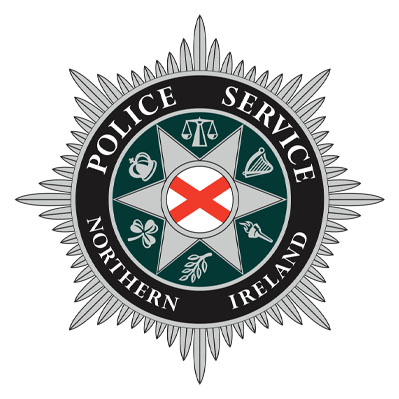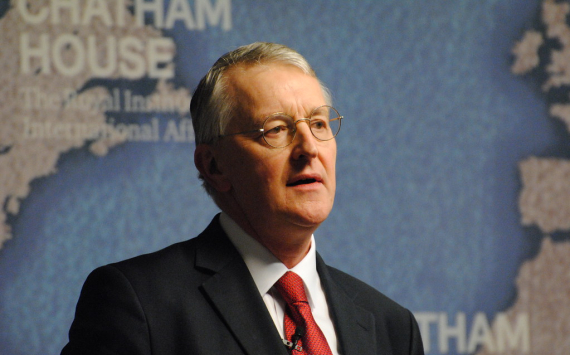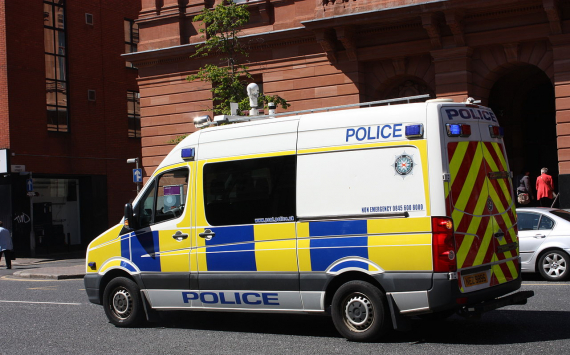Description
The Police Service of Northern Ireland (PSNI) is the police force that serves Northern Ireland. It is the successor to the Royal Ulster Constabulary (RUC) after it was reformed and renamed in 2001 on the recommendation of the Patten Report.
Although the majority of PSNI officers are Ulster Protestants, this dominance is not as pronounced as it was in the RUC because of positive action policies. The RUC was a militarised police force and played a key role in policing the violent conflict known as the Troubles. As part of the Good Friday Agreement, there was an agreement to introduce a new police service initially based on the body of constables of the RUC. As part of the reform, an Independent Commission on Policing for Northern Ireland (the Patten Commission) was set up, and the RUC was replaced by the PSNI on 4 November 2001. The Police (Northern Ireland) Act 2000 named the new police service as the Police Service of Northern Ireland (incorporating the Royal Ulster Constabulary); shortened to Police Service of Northern Ireland for operational purposes.
All major political parties in Northern Ireland now support the PSNI. At first, Sinn Féin, which represented about a quarter of Northern Ireland voters at the time, refused to endorse the PSNI until the Patten Commission's recommendations were implemented in full. However, as part of the St Andrews Agreement, Sinn Féin announced its full acceptance of the PSNI in January 2007.
In comparison with the other 44 territorial police forces of the United Kingdom, the PSNI is the third largest in terms of officer numbers (after the Metropolitan Police Service and Police Scotland) and the second largest in terms of geographic area of responsibility, after Police Scotland. The PSNI is about half the size of Garda Síochána in terms of officer numbers.

























